In Do Not Say We Have Nothing by Madeleine Thien, the 2016 Giller Prize winner there is a paragraph about the Chinese dictionary explaining how words are formed and get their meanings. It says that in Chinese there is a ‘root’ word or ‘radical’ that becomes the building block for other words. As example, a certain character means gate but it is also a building block. Place the character that is ‘sun’ or ‘light’ to shine through the gate and the new combined character becomes ‘space’. If the character for horse is placed inside the gate, then it changes to ‘ambush’. I paused as I looked at the drawn character and my mind immediately segued into the Trojan horse story perhaps the greatest ambush in literature.
The stream of thought did not stop there as I then remembered the great Canadian scholar Northrup Frye who taught English Literature at the University of Toronto. His classes in criticism were always full and his book The Educated Imagination was a standard text. I remembered listening to him and forgetting to take notes. He posits that literature encompasses or has its roots in the ancient myths and legends, the Bible and the hopes and dreams of all humanity.
Sitting in awe of erudition had happened before. Professor Love, whose passion for English Literature was displayed in every class made me know I had been right in choosing to follow my own love of literature as my chosen field of study in preparation for my career in Librarianship. When I took his class, there were another five more years yawning until I finished graduate school but with enthusiastic anticipation the light towards that end shone big, bold and bright.
Then there was Professor Allen who introduced Dickens’s A Tale of Two Cities in the first class of the semester. He began the lecture by analyzing the very first paragraph. The entire class was spellbound as he laid out the whole story, including the historical context, the social impact, the record of an entire era by just analyzing that one paragraph. When he said: “Now next week…” we all came out of a collective trance, looked at the clock and realized that the class was over. Two hours had sped by. My friend Kay looked at me and in unison we exclaimed: “My God”! It was both in awe and in the fervent hope that he would not expect such erudition from us come exam time. It was the beginning of what for us could be the best of times or the worst of times.
In Thien’s novel it was the worst of times and the best of times held together by what I consider a very important character: Music. Music was the ultimate communicator, historian, reporter and refrain. It raged, it soared and was the glue cementing lives and generations. It was both conqueror and the vanquished yet always providing solace within the chaos.
The Meander: I knew I would enjoy reading the book. Reading literature brings all the world to you. It not only entertains but will send you to places of stored memories, to the past, to joy, to sorrow, to now, to the future and to think.
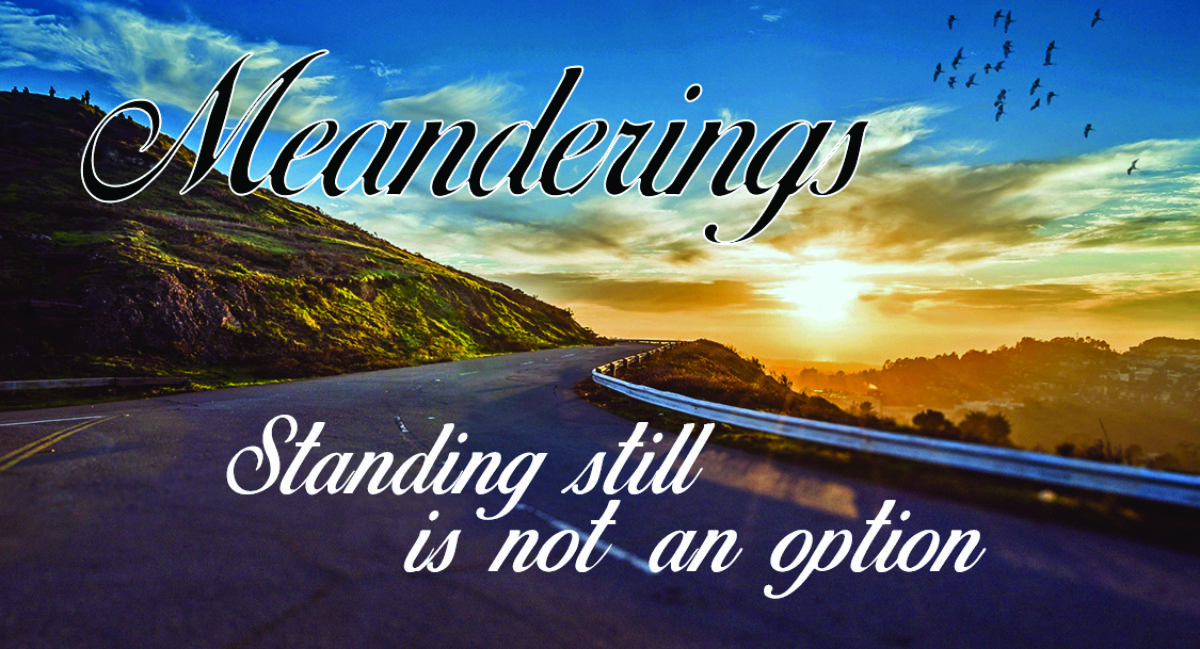
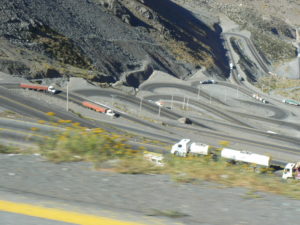
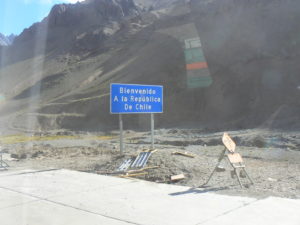
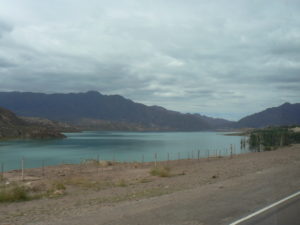
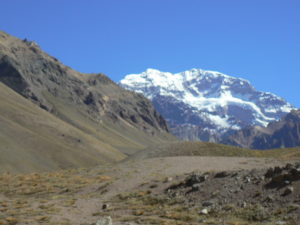
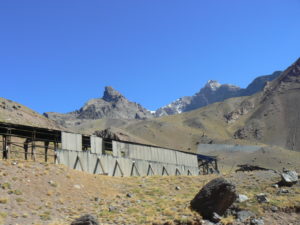
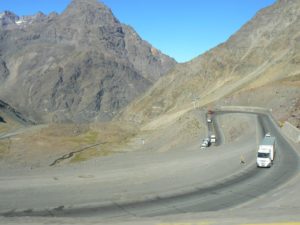
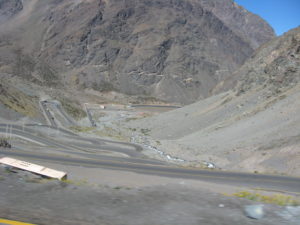
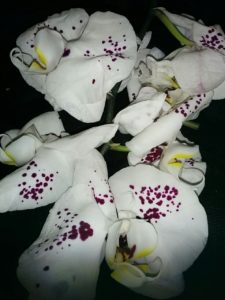 Today I updated my special occasions calendar.
Today I updated my special occasions calendar.